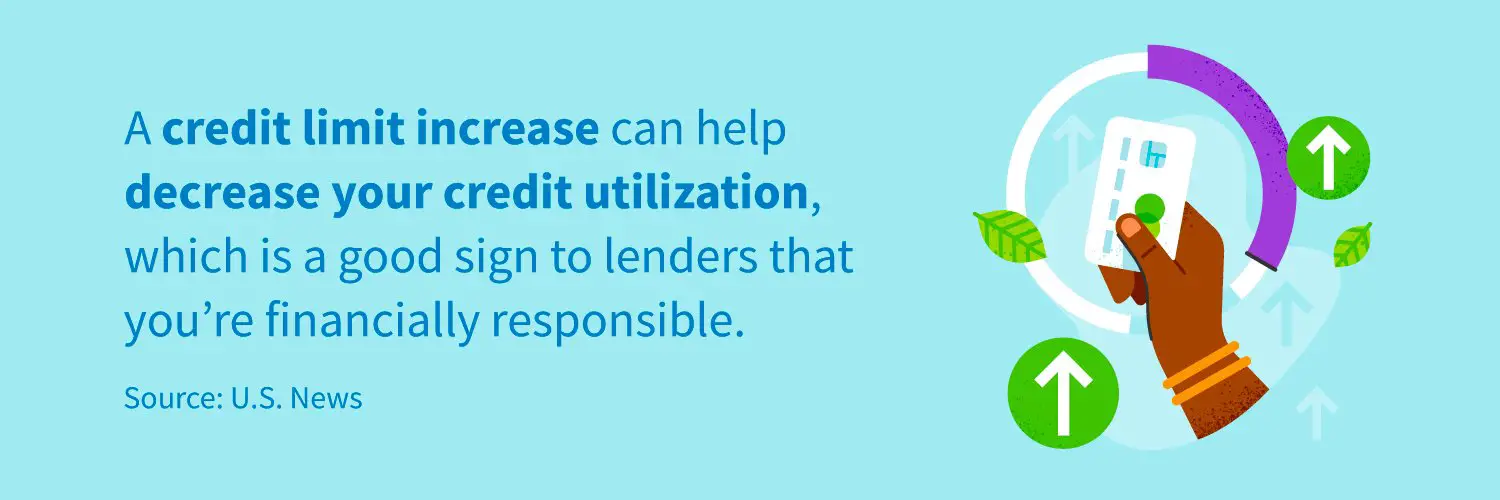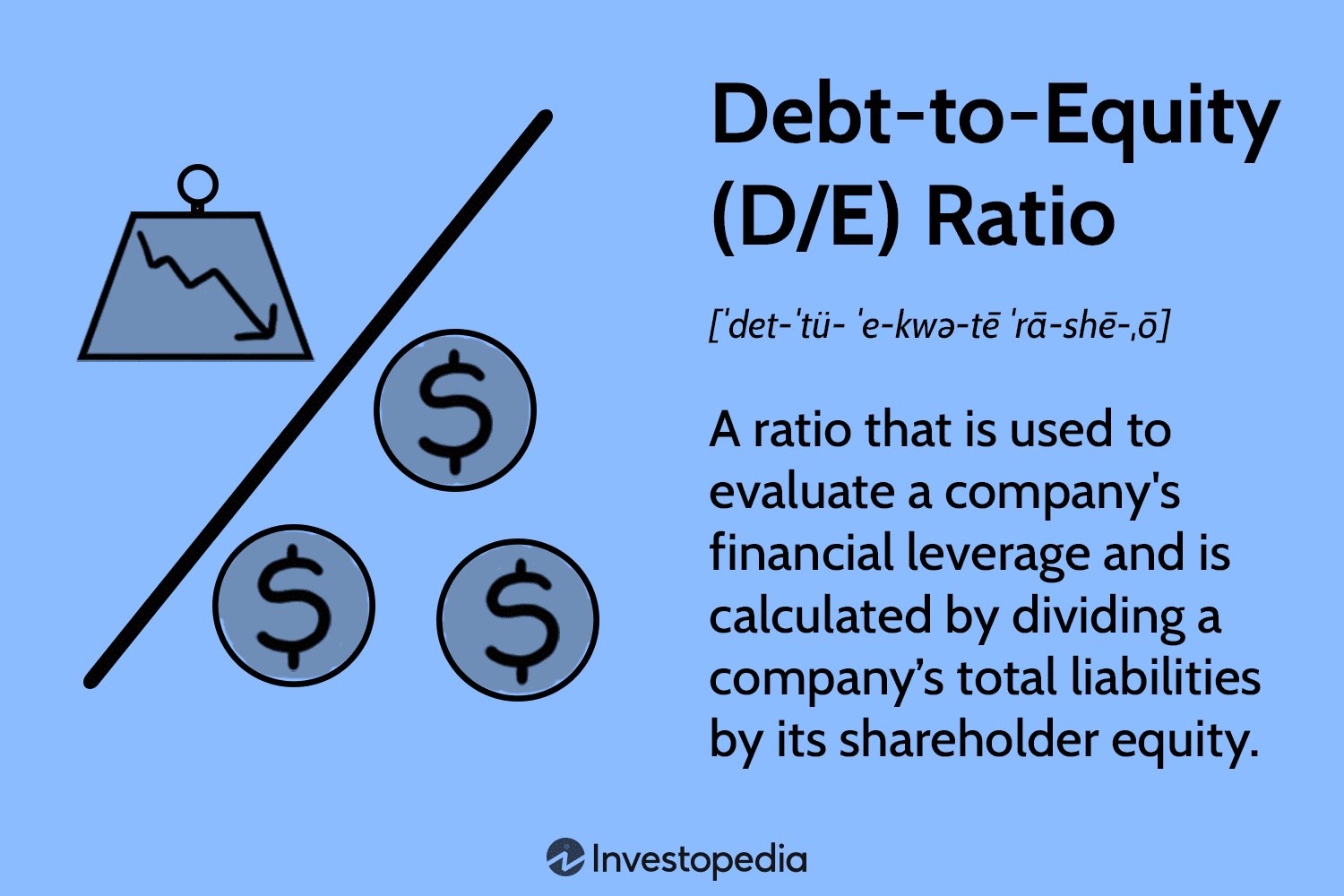Scammed? Don’t panic! If you’ve fallen victim to a financial scam, there is hope for recovery. Wondering how to recover from a financial scam? In this article, we’ll guide you through the steps you need to take to regain control of your finances and protect yourself from future scams. From reporting the scam to the authorities to safeguarding your personal information, we’ve got you covered. So, take a deep breath and let’s get started on the road to recovery.
How to Recover from a Financial Scam
In today’s digital age, financial scams have become increasingly prevalent, leaving many individuals vulnerable to financial loss and emotional distress. If you have fallen victim to a financial scam, it’s essential to take immediate action to minimize the damage and begin the recovery process. This comprehensive guide will walk you through the necessary steps to recover from a financial scam, reclaim your financial security, and restore peace of mind.
1. Acknowledge and Report the Scam
The first step in recovering from a financial scam is to acknowledge that you have been targeted or victimized. Many individuals may feel embarrassed or ashamed, but it’s crucial to remember that scammers often prey on unsuspecting victims using sophisticated tactics. Once you’ve recognized the scam, take the following actions:
- Contact your local law enforcement agency or the appropriate regulatory body to report the scam. Provide them with all relevant details, such as the scammer’s contact information, communication records, and any supporting evidence you may have.
- Inform your financial institution immediately, including banks, credit card companies, and investment firms. They can help you investigate any fraudulent activities and take appropriate measures to protect your accounts.
- Notify the major credit bureaus, such as Equifax, Experian, and TransUnion, to place a fraud alert on your credit report. This step helps prevent scammers from opening new accounts in your name.
2. Secure Your Financial Accounts
After reporting the scam, it’s vital to secure your financial accounts to prevent further unauthorized access or fraudulent transactions. Follow these steps:
- Change all your account passwords, using strong and unique combinations that include a mix of letters, numbers, and special characters.
- Enable two-factor authentication (2FA) wherever possible. This adds an extra layer of security by requiring a secondary verification method, such as a code sent to your mobile device, when logging into your accounts.
- Regularly monitor your accounts for any suspicious activities or unauthorized transactions. Set up alerts or notifications to receive instant updates about any changes or activities within your accounts.
3. Review and Document the Scam
To aid in the recovery process and potential legal actions, it’s crucial to thoroughly review and document all aspects of the scam. This documentation will assist law enforcement agencies, financial institutions, and other relevant parties in their investigations. Consider the following steps:
- Compile all communication records, including emails, text messages, and phone call records, between you and the scammer.
- Take screenshots or photos of any relevant web pages, fraudulent websites, or social media profiles used in the scam.
- Make a detailed timeline of events, noting any suspicious activities, transactions, or requests made by the scammer.
- Keep copies of any financial statements, invoices, or receipts associated with the scam.
4. Notify Credit Agencies and Government Agencies
In addition to reporting the scam to local law enforcement and financial institutions, it’s important to notify credit agencies and government agencies that can assist in the recovery process. Take the following actions:
- Contact the Federal Trade Commission (FTC) and file a complaint. The FTC collects complaints from victims of various scams, which helps them track patterns and identify potential scammers.
- Inform your state’s attorney general office or consumer protection agency about the scam. They can provide guidance on additional resources or legal actions you can take.
- Consider placing a freeze on your credit report or obtaining a fraud alert from all major credit bureaus. This restricts access to your credit and makes it more challenging for scammers to open new accounts using your personal information.
5. Seek Legal Advice
Depending on the complexity and severity of the scam, seeking legal advice may be necessary to navigate the recovery process effectively. A lawyer with expertise in scam-related cases can guide you through the legal implications and help you explore potential avenues for compensation or restitution. Consider the following steps:
- Consult with an attorney specializing in consumer protection or fraud cases. They can evaluate your situation, offer personalized advice, and represent your interests if legal action becomes necessary.
- Provide your attorney with all the documentation you’ve gathered, as this will assist them in building a strong case and pursuing appropriate legal remedies.
- Be prepared to share any financial losses you’ve incurred due to the scam, including any additional expenses or emotional distress caused by the incident.
6. Educate Yourself and Others
Recovering from a financial scam can be a challenging and emotional experience. As you navigate through the recovery process, it’s essential to educate yourself about common scams and share your experience with others to help prevent future victims. Consider the following actions:
- Stay informed about the latest scams and fraud techniques by following reputable sources, such as government websites, consumer protection agencies, or financial institutions.
- Share your story with friends, family, and colleagues to raise awareness about the scam and provide insights into the tactics used by scammers.
- Participate in community events or workshops focused on scam prevention and financial literacy. By educating others, you can contribute to a safer and more informed society.
7. Rebuild Your Financial Security
Recovering from a financial scam often involves rebuilding your financial security and regaining control of your finances. Take the following steps to regain stability:
- Review your budget and financial goals to assess any impact the scam may have had on your long-term plans.
- Create a new financial strategy that includes measures to protect yourself from future scams, such as regularly monitoring your accounts, using secure payment methods, and being cautious with sharing personal information.
- Consider working with a certified financial planner or advisor to help you establish a solid foundation and make informed decisions about your finances.
Remember, recovering from a financial scam takes time and effort. By taking the necessary steps to protect yourself, report the scam, and seek assistance from relevant authorities, you can begin your journey towards financial recovery. Stay vigilant, be proactive in safeguarding your finances, and share your experience to help others avoid falling victim to similar scams.
HOW TO RECOVER YOUR MONEY FROM SCAMMERS!
Frequently Asked Questions
Frequently Asked Questions (FAQs)
1. How can I recover from a financial scam?
To recover from a financial scam, you should first gather all available evidence related to the scam, such as emails, receipts, or bank statements. Then, report the scam to your local law enforcement agency and the appropriate financial regulatory authorities. Additionally, consider notifying your bank or credit card company, as they may be able to assist you in recovering any lost funds.
2. What should I do if I suspect I have been a victim of a financial scam?
If you suspect you have been a victim of a financial scam, it is important to act quickly. Contact your bank or credit card company immediately and report the incident. They can help you secure your accounts and prevent any further unauthorized transactions. You should also file a complaint with your local law enforcement agency and provide them with any relevant information or evidence you have.
3. Can I get my money back after falling victim to a financial scam?
While there is no guarantee of recovering all of your money after falling victim to a financial scam, there are steps you can take to increase your chances. Start by contacting your bank or credit card company to report the fraudulent activity and request a chargeback if applicable. You may also want to consult with a legal professional to explore your options for pursuing legal action against the scammer.
4. Should I hire a lawyer to help me recover from a financial scam?
Hiring a lawyer can be beneficial in cases of serious financial scams or if you are unsure about the legal steps to take. A lawyer with experience in fraud and financial crimes can guide you through the recovery process, provide legal advice, and represent your interests if necessary. However, it is not always necessary to hire a lawyer, especially for smaller-scale scams where the losses are minimal.
5. How can I protect myself from future financial scams?
To protect yourself from future financial scams, it is important to be vigilant and take preventive measures. Firstly, be cautious when sharing personal or financial information online and only provide it to trusted sources. Stay updated on the latest scamming techniques and educate yourself about common red flags. Additionally, regularly review your financial statements and credit reports for any suspicious activity. Consider using strong, unique passwords and enable two-factor authentication for your online accounts.
6. Are there any resources available to help victims of financial scams?
Yes, there are several resources available to help victims of financial scams. Many countries have dedicated government agencies or consumer protection organizations that provide support and advice to scam victims. Additionally, various nonprofit organizations and online communities offer resources, forums, and support networks where you can share your experience and learn from others who have been through similar situations.
7. Should I contact the scammer directly to try to recover my money?
It is generally not recommended to contact the scammer directly. In most cases, scammers are unlikely to respond or cooperate. Engaging with the scammer directly could also put your personal safety at risk or provide them with further opportunities to deceive you. Instead, focus on gathering evidence, reporting the scam to the appropriate authorities, and seeking professional advice on how to proceed.
8. What role does insurance play in recovering from a financial scam?
The role of insurance in recovering from a financial scam depends on the specific insurance policies you have. Some insurance policies, such as fraud protection or cyber insurance, may provide coverage for losses resulting from certain types of scams. It is important to review your insurance policies and consult with your insurance provider to understand the extent of coverage and the steps required to file a claim if applicable.
Final Thoughts
Recovering from a financial scam can be a daunting process, but it is crucial to take immediate action. Firstly, report the scam to your local authorities and provide them with as much information as possible. Contact your bank or financial institution to freeze your accounts and prevent any further unauthorized transactions. Next, gather evidence of the scam and keep a record of any correspondence related to it. Consider seeking legal advice and contacting consumer protection agencies for guidance. Be cautious of offers promising a quick fix, as recovery takes time and patience. By following these steps and staying proactive, you can begin the journey of recovering from a financial scam.



